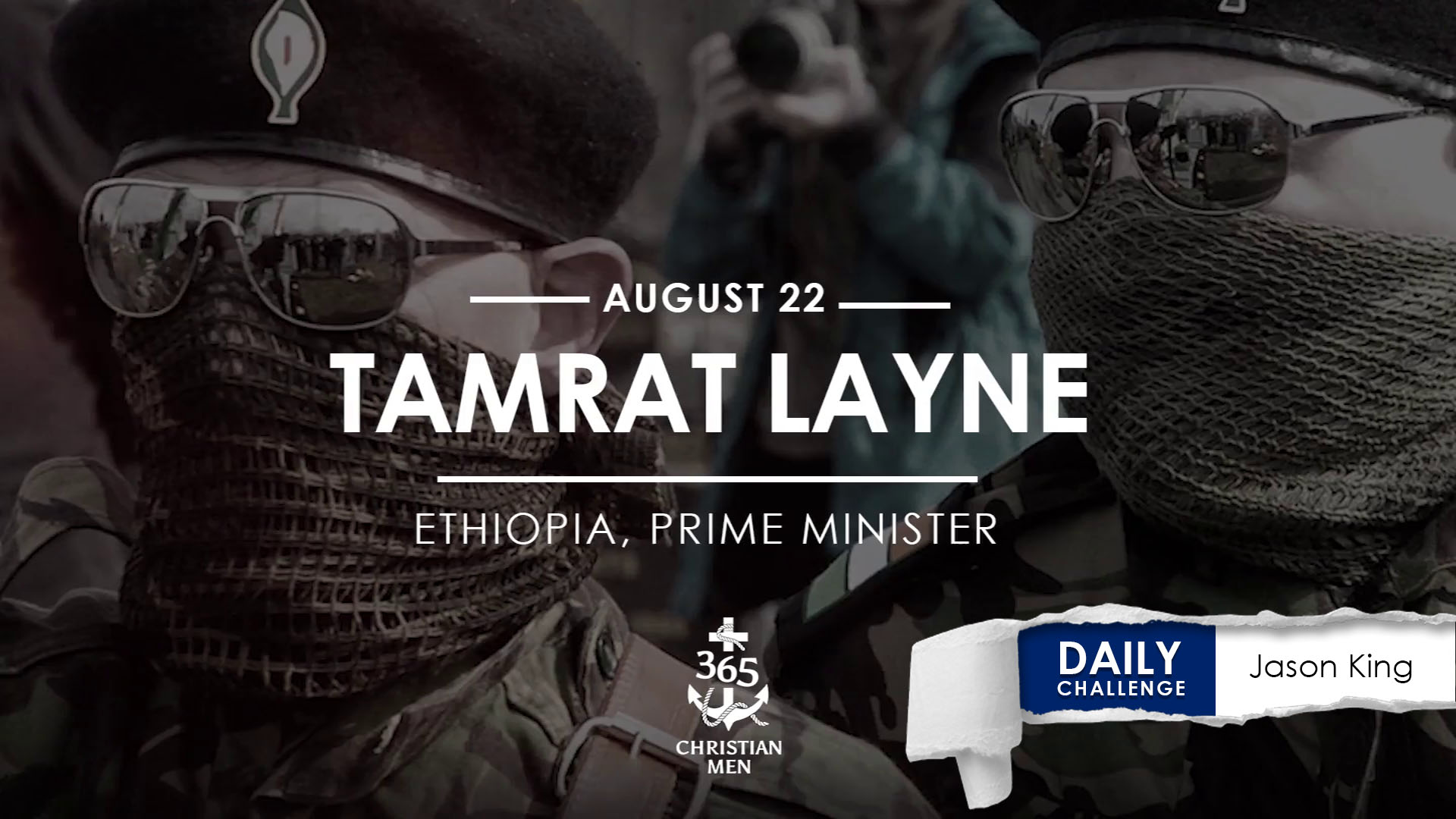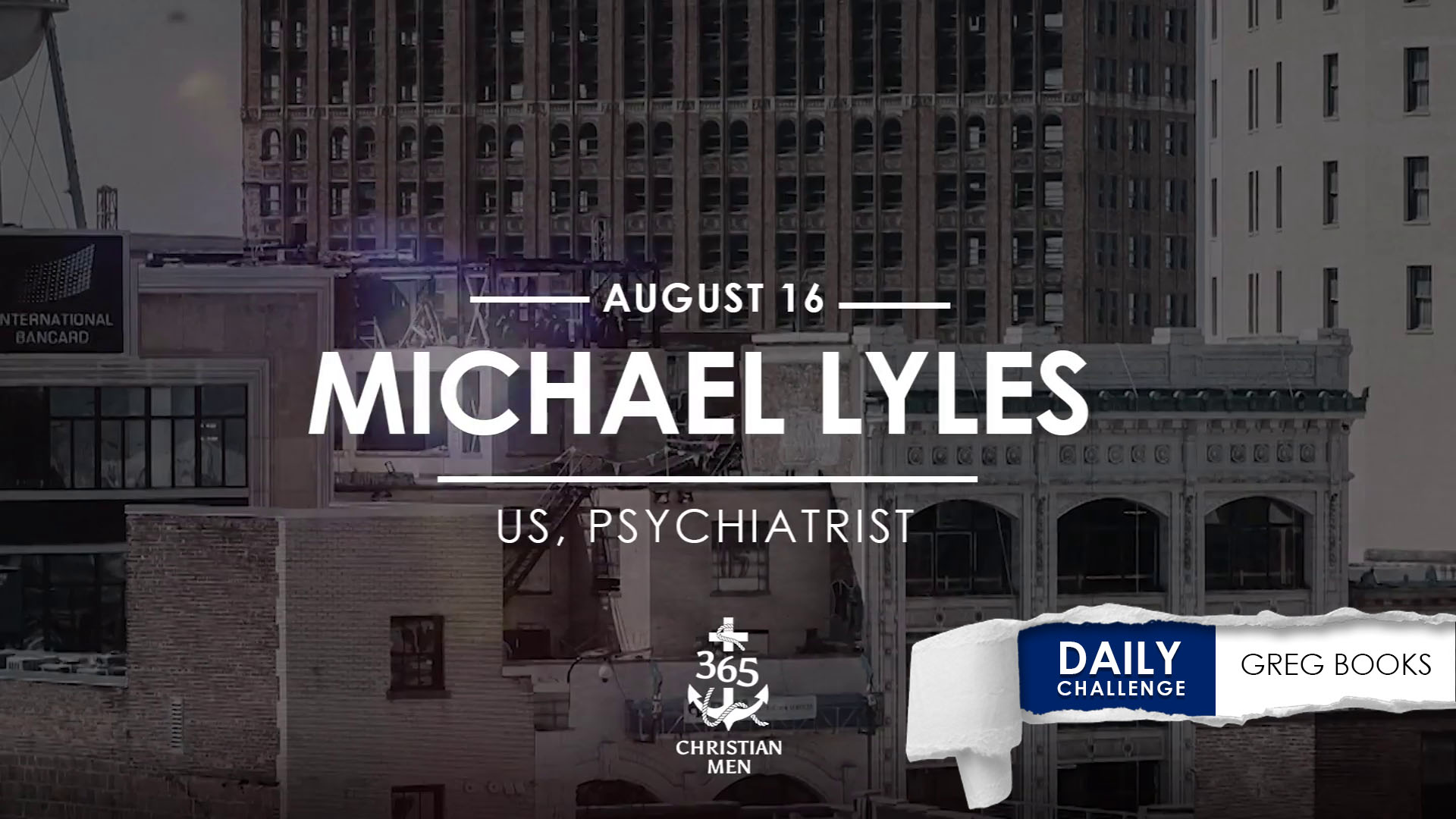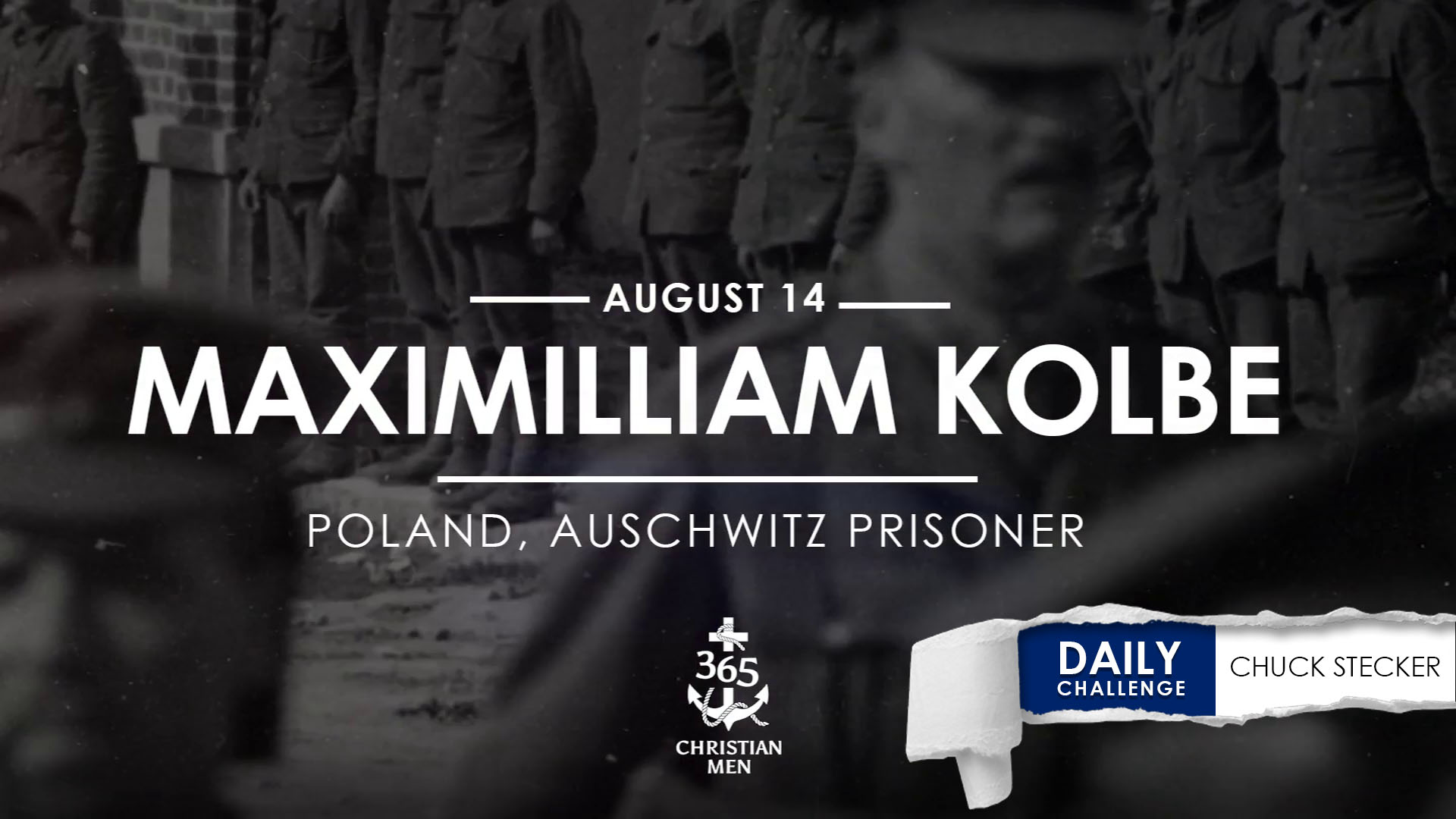August 22. Tamrat Layne. Layne was a guerrilla fighter, and as part of a junta, he became Ethiopia’s Prime Minister from 1991 to 1995.
Ethiopia’s Supreme Court found him guilty of embezzlement and sentenced him to 18 years in prison. He never stopped saying he wasn’t guilty all the time he was being held in solitary confinement. Here’s how it happened.
Betrayal can be a prison of bitterness, but forgiveness unlocks the door.
Layne and Meles Zenawi made a great team—college buddies and comrades in their united efforts to protest the corrupt government and bring better leadership to Ethiopia. During the Ethiopian Civil War, Layne and Zenawi led a guerilla army. And after they overthrew the existing oppressive government, Layne and his friend took office to lead the country in their Communist agenda.
“After three years I started questioning the very policies we fought for because I realized they weren’t working. I proposed a democracy. The President was not in agreement, and a conflict arose between us,” Layne said.
President Zenawi decided Layne needed to be shut up. His solution was to hide away his best friend in prison. To an isolated cell known as The Dark Room, Layne was sentenced to spend 18 years, and he remained there with only a fragment of light that came from the corridor.
With a violent history, Layne—a self-professing atheist and former guerilla fighter—had a lot on his mind. His best friend had totally betrayed him. And Layne had nothing to do with his anger except plan his betrayer’s demise.
In this abhorrent prison, Layne endured beatings, torture, and even being poisoned. He became obsessed with thoughts of killing Zenawi.
In isolation, Layne grew more hopeless by the day. “I had no idea where my family was. All of these things added up and became too much for me.” He became suicidal.
“I started reading books just to get some kind of hope. I studied all kinds of religions, including Islam for two years, but nothing could give me hope.”
One day, a nurse slipped a piece of paper under Layne’s pillow. The paper told about Jesus. “This was the first time I had heard or seen the name of Jesus,” Layne said. He couldn’t get his mind off the words on the bit of paper: Jesus loves you, Jesus is the way, and Jesus is the only one who can give you hope.
That evening, Layne had a vision of Jesus. “The voice said to me, ‘I am Jesus. Believe in Me and follow Me. I am the only one who can give you the life you are looking for.’ For the first time in my life, I prayed.” And as Layne studied the Bible, he experienced an inward transformation. “My life had made a 180-degree turn.”
“Then the Lord started nagging me to forgive the man that put me in prison.” Layne resisted at first. How could he forgive a friend—whose life he had saved many times—a friend who had cast Layne into this prison and ruined his life? But Layne had really heard Jesus’ voice and finally surrendered. “I am willing to forgive. Help me, [Lord]. When I get out of here, I will go to him.”
After this decision to forgive, miraculously, during year twelve of his eighteen-year sentence, Layne received release papers. The next day he walked out of that hellish prison—a free man.
He phoned Zenawi, set up a meeting, and went to see him. Face to face with the man who had imprisoned him in solitary confinement, separated him from his family and society, Layne strode up to this old friend, hugged him, and said, “I forgive you, and I love you. Let’s put all of this behind us and be friends again.”
Not only was Zenawi stunned, Layne was liberated. “I lived in two prisons, a physical prison and a prison of hatred and unforgiveness.”
“I have to live a life of forgiveness for my own sake.”
“Then Peter came to Jesus and asked, ‘Lord, how many times shall I forgive my brother or sister who sins against me? Up to seven times?’
“Jesus answered, “I tell you, not seven times, but seventy-seven times” (Matthew 18:21-22 NIV).
Have you ever been betrayed? What would it take to make you willing to forgive? Betrayal can be a prison of bitterness, but forgiveness unlocks the door.
Jackson, Madison II. “Tamrat Layne.” Beyond the Single Story. Posted February 1, 2017. https://beyondthesinglestory.wordpress.com/2017/02/01/tamrat-layne/
Layne, Tamrat. “Tamrat Layne – Life Testimony.” Posted June 9, 2018. https://www.youtube.com/watch?v=bL8KrvOIz4Y
Association for Human Rights in Ethiopia. “Ethiopian Political Prisoners and Their Accounts of Torture.” Published February 2018. https://ahrethio.org/wp-content/uploads/2018/02/Ethiopian-prisoner-and-their-accounts-of-torture.rep2018.pdf
Story read by: Daniel Carpenter
Introduction read by: Daniel Carpenter
Audio production: Joel Carpenter
Story written by: Shelli Mandeville, https://worthy.life/
Editor: Teresa Crumpton, https://authorspark.org/
Project Manager: Blake Mattocks
Copyright © 2020, 365 Christian Men, LLC. All rights reserved.














